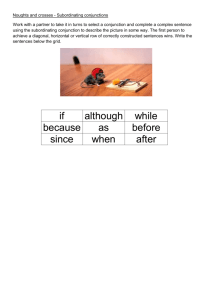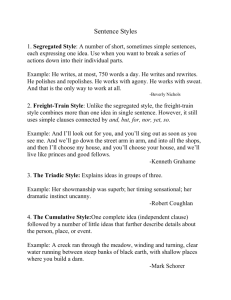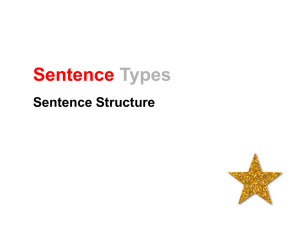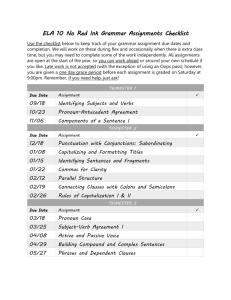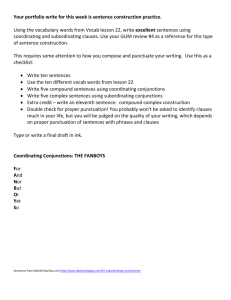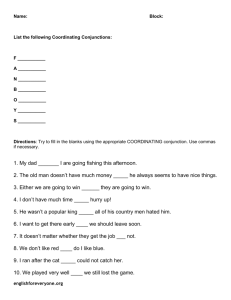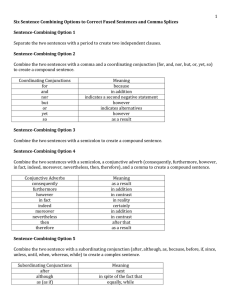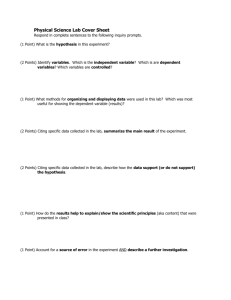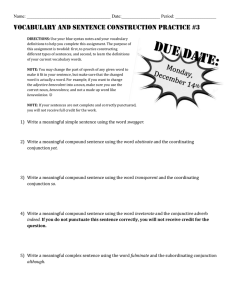Turn in a formal written outline for your informative speech using a
advertisement
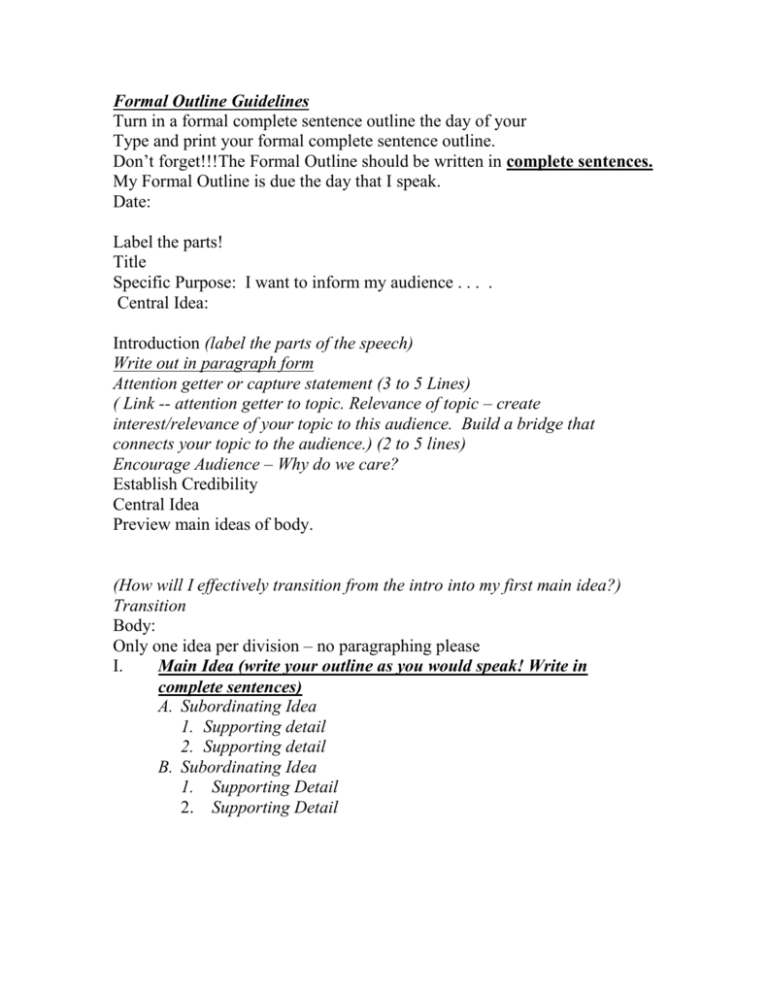
Formal Outline Guidelines Turn in a formal complete sentence outline the day of your Type and print your formal complete sentence outline. Don’t forget!!!The Formal Outline should be written in complete sentences. My Formal Outline is due the day that I speak. Date: Label the parts! Title Specific Purpose: I want to inform my audience . . . . Central Idea: Introduction (label the parts of the speech) Write out in paragraph form Attention getter or capture statement (3 to 5 Lines) ( Link -- attention getter to topic. Relevance of topic – create interest/relevance of your topic to this audience. Build a bridge that connects your topic to the audience.) (2 to 5 lines) Encourage Audience – Why do we care? Establish Credibility Central Idea Preview main ideas of body. (How will I effectively transition from the intro into my first main idea?) Transition Body: Only one idea per division – no paragraphing please I. Main Idea (write your outline as you would speak! Write in complete sentences) A. Subordinating Idea 1. Supporting detail 2. Supporting detail B. Subordinating Idea 1. Supporting Detail 2. Supporting Detail (Transition) (show the relationship of ideas through indentation and alignment.) II. Main Idea A. Subordinating Idea 1. Supporting Detail 2. Supporting Detail B. Subordinating Detail 1. Supporting Detail 2. Supporting Detail a. (use lower cap letters to show further development of supporting details) b. (The body of your speech should have at least this much development) Transition Conclusion Write in paragraph Summarize major ideas Create a final impression Close with a clincher (deliver with confidence and energy! (hold final moment) Sources are not necessary or required for your Demonstration/Process speech; unless you choose to add an outside source Include at the bottom of your outline your three outside sources Notes Example: Bruce Perry, Macolm: The Life of a Man Who Changed Black America (Tarrytown, N.Y.: Penguin Books, 1991) A word of caution avoid paraphrasing your source without citing it. The only time that you can do this is when the information falls into the common knowledge category. To present -- transform your formal outline into a speaking outline on note cards – your speaking outline should still show the relationship between your main ideas, subordinating ideas, and your support details. A speaking outline uses key words and phrases – and also will help you to transition. If you are quoting or citing a source – which you should do three times in this speech – that should be on a notecard to. Checklist: Title Specific Purpose Thesis Intro Are my main ideas worded vividly Did I fully subordinate my main ideas Variety of supporting detail. Cite three sources Create notes for the outside sources that I used Clear Organizational pattern Complete sentences Conclusion
